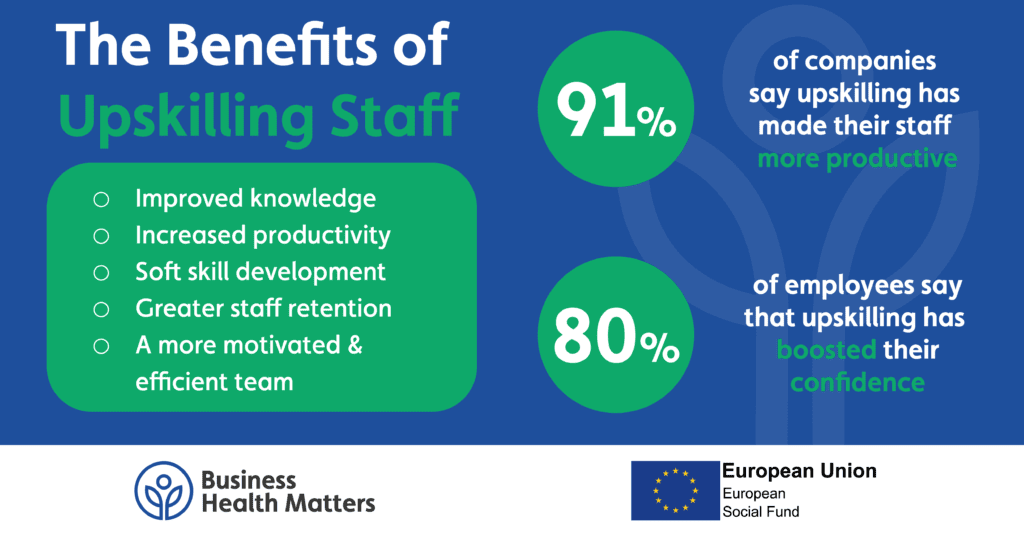
Introduction
Are you tired of feeling sluggish and unproductive at work? Do you find yourself reaching for a third cup of coffee just to get through the morning? Maybe it’s time to take a closer look at what you’re putting into your body. Nutrition plays a crucial role in our energy levels, focus, and overall health. So, let’s explore some simple ways to boost workplace productivity through nutrition. From healthy snacks to mindful meal planning, we’ve got you covered.
Start Your Day with a Balanced Breakfast
We’ve all heard it before: breakfast is the most important meal of the day. But it’s true! Skipping breakfast can lead to low blood sugar, which can contribute to a lack of focus and energy, which leads to snacking. To ensure you’re fuelling your body properly, try incorporating complex carbohydrates like whole grain bread, oatmeal, quinoa, or protein-rich foods like eggs, nuts, or yoghurt. This will keep your blood sugar stable and your energy levels consistent throughout the morning.
Also, try substituting a big glass of water for coffee when you wake up. Yes, coffee has that magic caffeine we all crave, but after sleeping for hours, your body needs water more than a caffeine boost.
Fuel Up with Healthy Snacks
Ever find yourself reaching for a bag of crisps or chocolate bars when the mid-afternoon slump hits? Snacking on unhealthy foods can leave you feeling more tired than before. So, opt for snacks that provide sustained energy and help keep your focus sharp. Think nuts, seeds, dried fruits and veggies. They are packed with antioxidants, fibre and healthy fats. All of these will help stabilise your blood sugar levels and give you the boost you need to finish the day strong.
Remember – when you get a hunger pang, it’s often a sign that your body is dehydrated and wants water. So, think water, not Walkers!
Stay Hydrated
As mentioned a few times, water is the key to healthy living. Your brain is about 80% water, so it’s no surprise your thinking gets a bit foggy when you’re dehydrated.
Dehydration can cause fatigue, headaches, and brain fog. So, ensure you drink enough water throughout the day to stay hydrated and focused. Aim for a minimum of two litres of water per day. And don’t cheat by including cups of tea or soft drinks in that number!
Mindful Meal Planning
Planning ahead can save you time, money, and stress. By taking a little time each week to plan your meals, you can ensure you’re getting the nutrients you need to feel your best.
Deciding what to have for lunch while you’re standing in Tesco’s staring at the sausage rolls can be stressful and anxiety-inducing. However, meal prepping is one of the best ways to make sure you eat well during the workday. It takes all the decision-making away from you. Plus, let’s face it, getting healthy food while you’re out and about is almost impossible. But, in only half an hour on a Sunday evening, you could prep all your lunches for the week.
Cut Back on Sugar and Processed Foods
Sugar and processed foods can wreak havoc on our energy levels, mood, and overall health. They cause your blood sugar to spike and then plummet, making you sleepy. So you have some more to wake you up again. And so on.
Breaking the sugar cycle is hard, but focus on whole foods like fruits, veggies, lean proteins, and healthy fats. You’ll find those peaks and troughs start to smooth out fairly quickly.
In Short
By making a few simple tweaks to your diet, you can fuel your body for success and boost your productivity at work. Try incorporating balanced breakfasts, healthy snacks, and mindful meal planning and prepping into your routine. Finally, cut back on sugar and processed foods. Your body will thank you!
For more information about boosting workplace nutrition in your workplace, simply get in touch to find out more about our unique Workplace Wellbeing Programme.
















